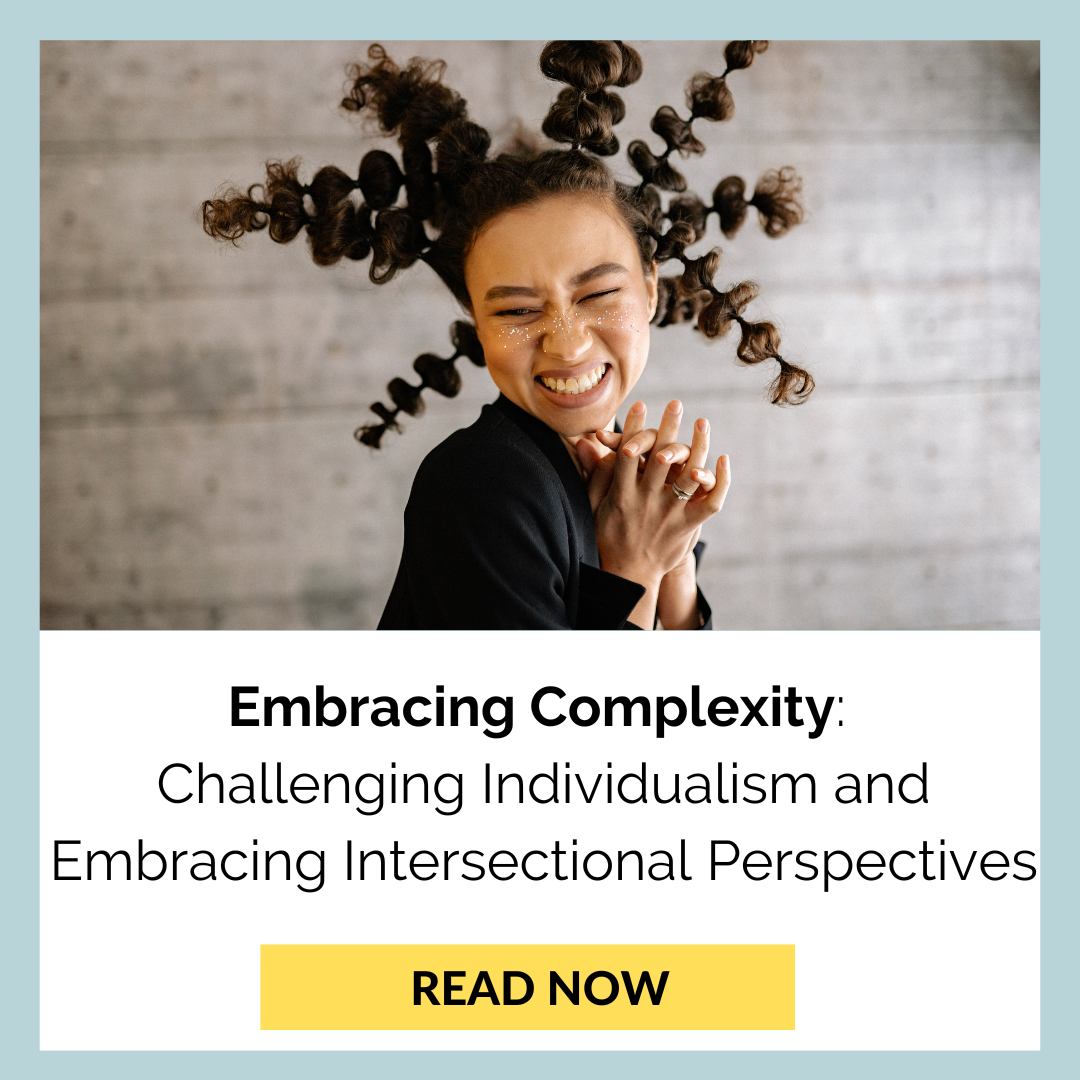The Compass Guilt Provides: Tips for Harnessing Its Guidance for Personal Growth
By Ashley Gregory, LMFT
This article is meant to invite inquiry and foster self-compassion. Most likely, we all have little “g” guilt and big “G” guilt present with us throughout life. Everyone’s relationship with guilt will be different and complex, each asking for unique attention and care. Building a relationship with a psychotherapist can support you in creating and implementing individualized practices to work with guilt.
What is it about the beginning of the Gregorian calendar that ignites talk of “resolutions,” seemingly en masse? As we head into month three of 2020, I’m thinking on the role of guilt in how we feel about meeting our past, present and future. The beginning of the year is, for many, a time to reflect on the past year in an effort to change some of the things that supposedly made the year before less exciting, fulfilling or successful. This is where guilt comes in.
According to the Online Etymology Dictionary, the word “guilt,” or gylt in Old English, means a “crime, sin, moral defect, failure of duty.” Whoa. Is it a “crime, sin, moral defect” or “failure of duty” to spend more time with my friends instead of organizing my hall closet? Maybe right now, I value connection more than order.
Guilt, like any other emotion, may act as a guide, illuminating our needs and values. Rather than leading us into immobilizing narratives, bringing curiosity to our guilty parts can act as a trailhead to practicing self-empathy and unearthing our desired actions.
Awareness. Rather than push those feelings aside, perhaps notice how and where you sense them. Take a moment to recall the last time you felt “guilty.” How do you know you are feeling “guilty”? Is it a pit in your stomach sensation? Or nausea? Maybe a pulling down or weightedness? What happens when you focus your attention on these sensations?
Stories. You may also notice the thoughts which arise when you feel guilty. What are the stories being told about you in your mind? Where do those voices come from and how familiar are they? Maybe you will find it helpful to take note of the messages arising around your feelings of guilt. From there, if the messages are played out, you may get more information about what it is you are actually hoping for.
Needs and Values. You may take this opportunity to get to know that part of you. As you make contact with that part of you, ask about needs. What is that part needing? Might you need connection with others? Or clarity? Space or choice? How might that guilty feeling guide you? What does this feeling say about your values?
External Events. What are the external events shaping your choices, thoughts or actions? How might you invite more consideration and compassion towards yourself?
Endeavors. Notice how your feelings and stories shifted. Be as present as you can as you have connected with what is important to you and why you may not have been able to align your actions with your values in a particular moment. What do these changes mean for how you want to move forward? What choices are you now presented with?
For example:
“I feel guilty that I didn’t leave enough money for a tip at the restaurant...obviously, I am not a generous person.”
Ok, let’s pause for a moment here and slow things down.
Awareness: “I notice an uneasy, sinking feeling in my stomach. I’m feeling guilty because that waiter works really hard and does not get paid enough.”
Stories: “The story I am telling myself is that I am a heartless person who doesn’t care about others. Oh my gosh, that sounds familiar. I was really hurt back then. That’s a tender place that I want to give attention to.”
Needs and Values/External Events: “Well, I am needing understanding. I was rushing because I lost track of time working on that group project due today. I really value contribution and want to make sure I did a thorough job. Perhaps that’s why I wanted to give more of a tip, too. Because understanding the values of hard work and contributing to another’s well-being is important to me.”
Endeavors: “I feel more at ease. I am more connected to how I want to offer what I can, when I can. I want others to know I value their work. I feel freed up to make choices around my values.”
Back to the Little and Big “G” guilts. Perhaps one leads to another in an unfolding, interconnected way. Being with guilt can be a journey, opening us up to options we may not have become aware of had we been preoccupied with the “shoulds” and the stories. And yes, through this process we may also open ourselves up to more vulnerable or painful memories, the Big “G” kind. This is where support comes in.
As we continue to deepen our curiosity around guilt, here are a couple more questions to consider how it may show up in relationships:
Are you afraid of bringing up feelings in another person by sharing your needs and values? If so, which feelings? Why are these feelings scary?
How much control do you have over the situation?
Through this process, we have welcomed guilt in and learned from it’s wisdom. New possibilities become available once we tap in and listen. I mean, hey, maybe I can reach out to some friends who want to help me re-organize my hall closet!




